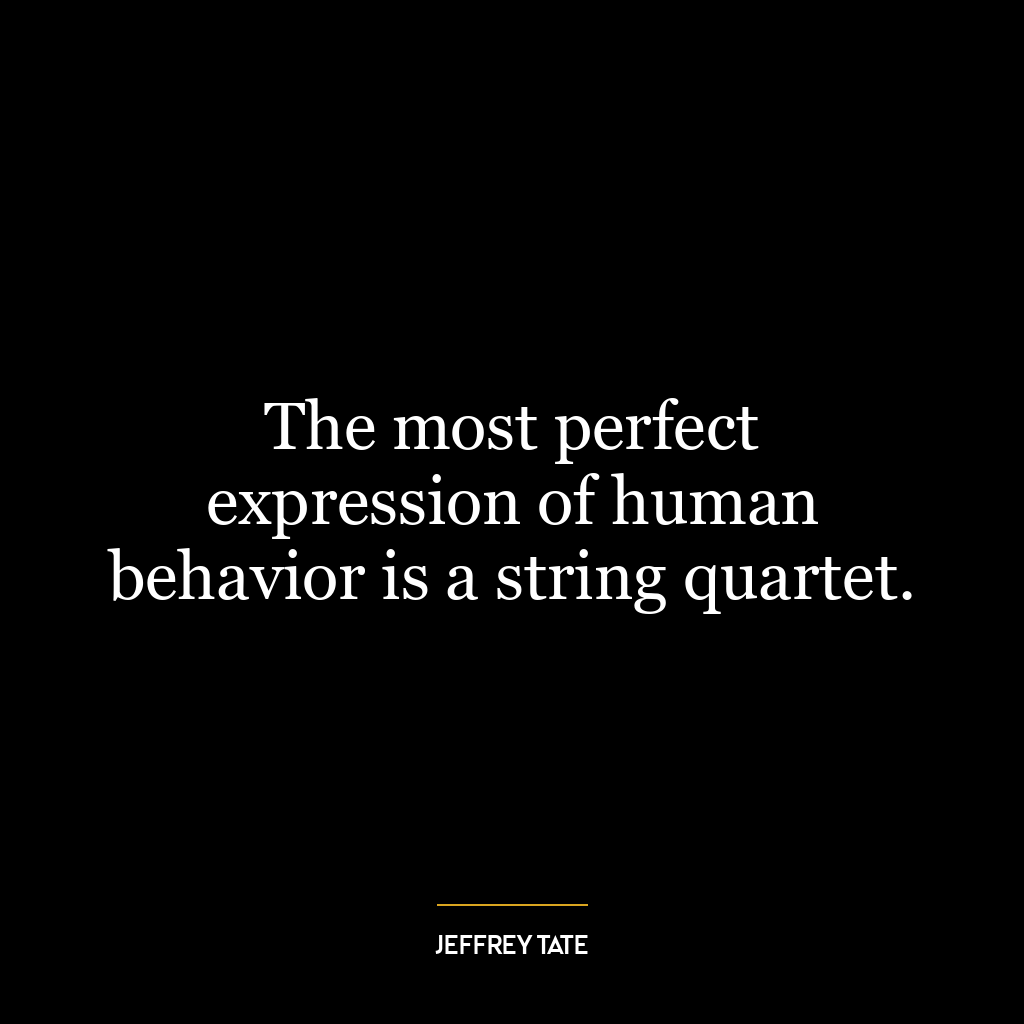Treaties are observed as long as they are in harmony with interests.
This quote implies that treaties, or agreements, are only adhered to as long as they align with the interests of those involved. In other words, the moment a treaty no longer serves the interest of a party, they might cease to observe it. This is a rather pragmatic and somewhat cynical perspective, suggesting that loyalty to an agreement is contingent on its utility, rather than on principles such as honor, commitment, or integrity.
Applying this idea to today’s world, one could argue that it is visible in international politics. Countries often enter into treaties based on their national interests. If those interests change, or if the treaty no longer serves those interests, countries might withdraw from the treaty or seek to renegotiate its terms. For example, climate agreements are often subject to such dynamics. Countries commit to reducing their carbon emissions, but if they feel that this commitment is harming their economy, they might choose to withdraw from the agreement.
In personal development, this concept can be applied to the commitments we make. Often, people commit to something – be it a job, a relationship, or a personal goal – because it serves their interests. However, if circumstances change and the commitment no longer serves their interests, they might choose to abandon it. This can be seen as a pragmatic approach to personal development, where one’s commitments are flexible and adaptable to changing circumstances. However, it also raises questions about the importance of sticking to one’s commitments, even when they become challenging or cease to serve one’s immediate interests.











![[Religion is] the attempt to be in harmony with an unseen order of things.](https://quotes.guide/wp-content/uploads/william-james/william-james-710796.png)
